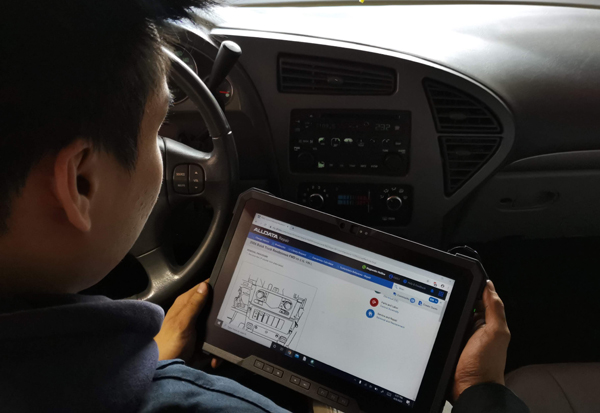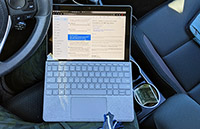Zoom focuses on fix privacy, safety issues instead of developing new features
 Friday, April 3, 2020 at 11:08PM
Friday, April 3, 2020 at 11:08PM Zoom has skyrocketed to popularity with the need for videoconferencing tools in the age of the COVID-19 pandemic. But the app's sudden popularity has also exposed its issues, which included sending data to third parties like Facebook, the lack of end-to-end encryption, and what we now know as "Zoombombing." The latter involves hackers and other malicious personalities hijacking Zoom meetings and sharing violent or pornographic images.
The company's response to these issues is to freeze development for 90 days so it can focus its resources on "our bigger trust, safety, and privacy issues." Founder and CEO Eric Yuan shared this update on a blog post saying, "We want to do what it takes to maintain your trust."
Yuan apologizes for what he calls lapses and said, "We recognize that we have fallen short of the community's—and our own—privacy and security expectations." And that they are working with third-party experts to conduct a "comprehensive review" of its security protocols as well as preparing a transparency report that details information on requests for data, content, or records.
Zoom will also soon turn on passwords and waiting rooms by default for all meetings to prevent Zoombombing. It would add a bit of necessary friction to what has been a frictionless app so far. Zoom passwords are already on by default for new meetings, meetings you joined with an ID, and instant meetings. But starting April 5, this feature will be turned on for previously scheduled meetings, too. And once you join a meeting, the host will need to let from the new virtual waiting room. The host has the option to let in people individually or all at once. The video above shows how these features work.
This tool could help prevent things like finding meeting IDs or private information in the future. Security researchers were able to develop an automated tool that was capable of identifying 100 non-password-protected Zoom meetings in an hour and scrape information about the sessions.
 Print Article
Print Article  Permalink tagged
Permalink tagged  zoom
zoom  Email Article in
Email Article in  News,
News,  Press release,
Press release,  Public service,
Public service,  Security,
Security,  app news
app news 




















Reader Comments